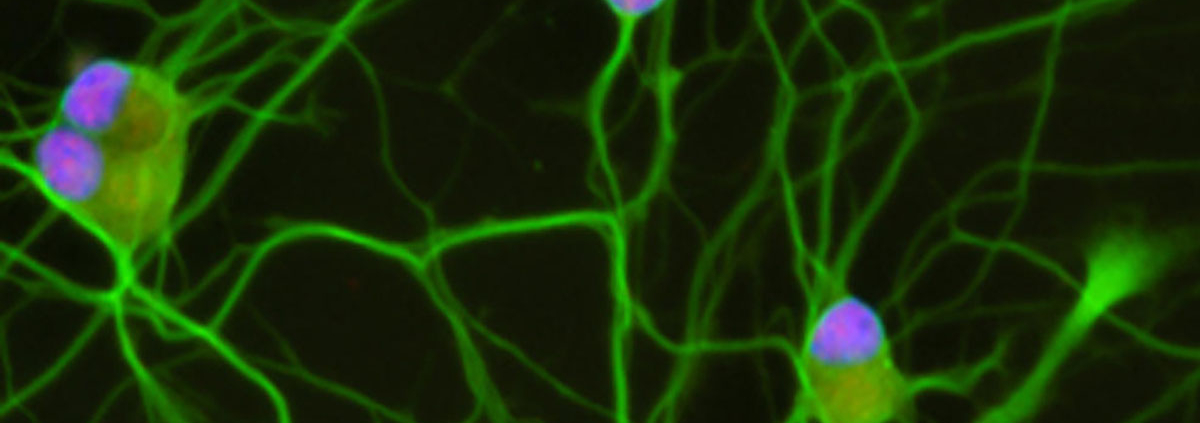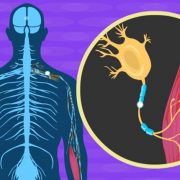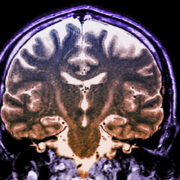Motor neurons derived from patients point to new possible drug target for ALS
Amyotrophic lateral sclerosis (ALS) is a severe, fatal neurodegenerative disorder causing loss of motor neurons and voluntary muscle action. While mouse studies have identified potential treatments, these drugs have typically done very poorly in human trials. Researchers at Boston Children’s Hospital, working in collaboration with Pfizer, now report a high-throughput target and drug discovery platform using motor neurons made from ALS patients. Using the platform, they confirmed two known targets and identified an existing class of drugs — agonists to the dopamine D2 receptor — as potential novel treatments.
The researchers, led by Clifford Woolf, MD, PhD, director of the F.M. Kirby Neurobiology Center at Boston Children’s, and first authors Xuan Huang, PhD, and Kasper Roet, PhD, in Woolf’s lab, describe the platform and their findings June 8 in the journal Cell Reports .
To create the motor neurons used for drug screening, the team used induced pluripotent stem cells, made by the lab of Kevin Eggan at Harvard University from tissue samples of patients with ALS who carried the SOD1(A4V) mutation. The Woolf lab also developed a high-throughput, live-cell imaging technology to measure the motor neurons’ hyperexcitability — the tendency to “fire” excessively — before and after exposure to candidate drugs. Woolf and colleagues previously showed that human motor neurons with ALS mutations are more excitable than normal motor neurons.
Release date: 08 Jun 2021
Source: Boston Children’s Hospital









